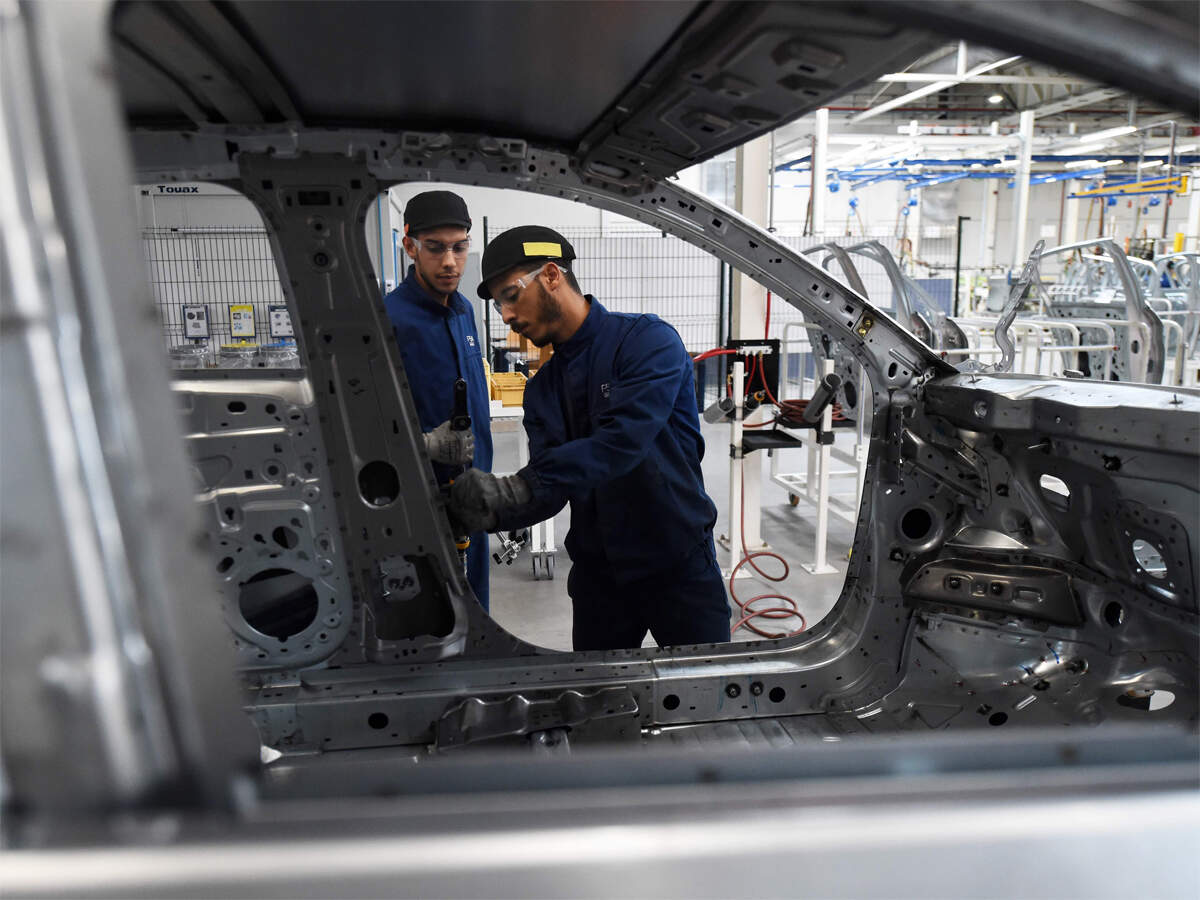
Mumbai: 21 days lock down would choke fledgling Indian auto component industry with over a $3 billion or Rs 25000 crore of cash flows.
Having assured government that auto component makers will not retrench any work force including temporary workers, the part makers are urging the vehicle makers to release their timely payment and also requesting the government to extend the sops, so as to ensure that their cash does not dry up quickly.
“We now expect vehicle makers to release timely payments to ensure that there is cash in the system to deal with other responsibilities,” said Deepak Jain, managing director of Lumax Industries and president of Auto Component Manufacturers Association. “The steps taken by RBI will improve liquidity and we are hoping that the government of India, too, steps in with further monetary support.”
More than 100 component makers have already made an advance payment to 100,000 blue-collared workers a fortnight before the scheduled date of payment.
However, Jain told ET, if the lockdown extends beyond the current end date of April 14, many companies will be forced to move towards salary cuts and job cuts.
He is hopeful that vehicle makers and the government will step in to help the industry deal with this “unprecedented crisis”.
“The litmus test is ahead of us,” Jain said. “If there is no production in April, the industry may have to resort to some tough measures including job loss. And if payments are not honoured, then it may lead to a challenge of a different kind: will there be enough workforce once the situation comes back to normal?”
However, while most carmakers have assured timely payments to the vendor fraternity, there is a question mark over other vehicle makers’ ability to pay as Covid-19 crisis has made it a triple whammy for the auto industry that saw overall vehicle sales slump 16% in the first 11 months of the financial year even as companies had to invest on upgrading vehicles to meet the Bharat Stage-VI emission norms that will come into effect on April 1.
Two-wheeler makers Hero MotoCorp and Royal Enfield have already invoked a force majeure, and may not be honouring all the upcoming schedules. Also, barring Daimler, the vendors are yet to a get an assurance from the truck makers that have been severely hit because of a falling market and higher investment for BS-VI trucks.
CASH MATTERS
Typically, ancillary companies receive payment from automakers in 30 days from the day of the invoice, and thereafter payment is released in the first week and third week of every month.
According to ETIG analysis, the payment cycle effectively gets extended to 40-45 days, and for every Rs 100 crore payment delayed by automakers, a component maker has to bear incremental interest of around Rs 8 crore.
The borrowing of the auto ancillary companies could double in the next three to six months following higher working capital requirement, as several automakers have been delaying payments to vendors.
The total debt of the auto ancillary companies (having more than Rs 100 crore of market capitalisation) stood at Rs 42,833 crore in FY19 compared with Rs 37,257 crore a year before, according to Capitaline data.
The funding pains for auto vendors could exacerbate if payment by automakers get delayed beyond the third week of April.
“The debt level of the auto ancillary could double in the near term,” chief financial officer of an auto ancillary company said on condition of anonymity. “The good news in the current environment is that working capital level of the companies was not stretched before the lockdown disruption due to muted demand. This could add comfort for bankers to extend higher working capital limits.”
In the event of delayed payment by vehicle makers, ancillary companies may have to approach banks for their funding needs, increasing the debt burden of the companies.
In addition, some automakers have closed bill discounting scheme for their vendor.
In order to ease the pain for companies from clogging funding line due to Covid-19, several public sector banks have launched a scheme for companies to increase working capital limits for a short-term period.
